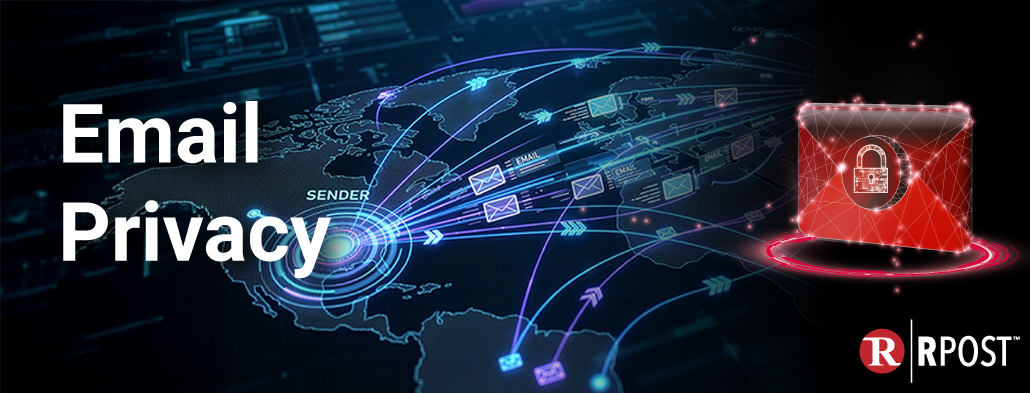
Yes, it’s true. The House of Representatives unanimously passed the Email Privacy Act. The fact that everyone in the House can agree on the importance of email privacy suggests that Americans overwhelmingly consider email privacy an essential right.
The federal government currently has the right to seize any email, or cloud file that is more than 180 days old, without getting a warrant. This has been true since the Electronic Communications Privacy Act (ECPA) was first passed during the Reagan Administration.
Finally, the ECPA is about to be updated. The House has unanimously passed a new version of the law requiring government agencies to obtain a warrant before seizing any online communications, even those older than 180 days. The bill is expected to pass in the Senate. Source
Will this solve the threat of online surveillance by federal agencies? Not quite. In October, we learned that Yahoo had given US intelligence officers access to all emails sent by all Yahoo customers in response to a “classified request”. According to a Reuters article, Yahoo searched all of its customers’ email records for a certain set of words or phrases or attachments requested by the NSA or FBI. Further details of what was actually shared are not available.
There is a legal threat of having your email records subpoenaed, that is, legally requested by a government agency, as part of an investigation. A court can also issue a search warrant of your computer, phone or other devices if a judge determines that there is probable cause. Your emails and data could be part of this search.
Online service providers, including Google and Microsoft, store your online footprints including your search history, all of your emails and even your location via your mobile phone. Last week, we learned that when you delete your Safari history, Apple iCloud may maintain a copy. So if someone can access your phone or computer, they can use tools to restore your internet history.
Know More: Encrypted Email Services
Unless you are expecting to be arrested in the next few weeks, you might consider deleting your browsing history, download history and downloaded files. This article explains the steps. You should also consider archiving your older emails instead of leaving them sitting in your email inbox for years.
What about emails that you’ve sent? They’re stored in the hundreds or thousands of email inboxes of your colleagues, clients, vendors, friends and former friends, just waiting to be hacked, searched or accidentally forwarded. Yikes! Wouldn’t it be great if you had encrypted those messages and required a password before they could be opened?
.jpg)
February 13, 2026

February 06, 2026

January 30, 2026

January 23, 2026

January 16, 2026